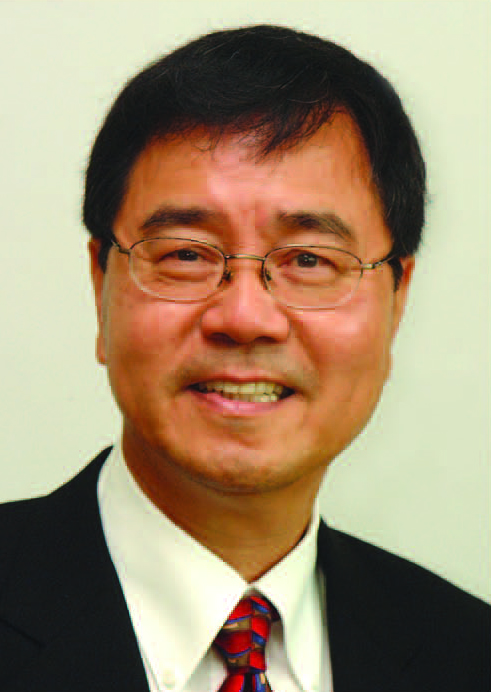报告题目:Energy Scaling of Spintronics – A new paradigm
- From STT memory, MeRAM to low dissipation intelligent systems
报告人:Professor Kang L. Wang (UCLA)
报告时间:2014年4月10日(周四)下午3点
报告地点:玉泉校区曹光彪西楼101
邀请人:王勇 (yongwang@zju.edu.cn),浙江大学材料系
报告摘要:The talk will first give a brief overview of the energy challenge of today’s CMOS scaling. Then I will describe the advantages and impact of magnetic devices in terms of its low switching energy, high speed, high endurance, and scalability. The physics of spin transfer torque (STT) will be described for its application of spintronic memory. Next, we will describe in addition the physics of spin-orbit interaction and spin Hall to improve energy efficient switching via polarized spins. we will also describe a couple of fundamental mechanisms of voltage control of magnetic moment and direction at the metallic surface. Additionally the recent progress in using spin Hall to produce large torque for further reducing energy in switching nanomagets will be discussed. Further advances are possible by adopting the spin wave bus concept -- the use of spin waves for logic and interconnect. With low energy, high density memory and spin wave bus, it may be possible to construct a new type of neuromorphic information processing electronics. These types of devices may be integrated directly on top of front-end processed CMOS to enable new generations of nonvolatile instant-on electronics and other systems. A potential new paradigm of intelligent nano-systems may emerge.
报告人简介:
 Kang L. Wang is a distinguished Professor and the endowed Raytheon Professor of Physical Science and Electronics at UCLA and an IEEE Fellow. He received his Ph.D. in Electrical Engineering from MIT. His research activities include physics of semiconductors, spintronics/ferromagnetic materials and devices and MBE. He has held more than 20 patents and published over 600 papers. He serves as the Editor-In-chief for the IEEE transaction of Nanotechnology. Since 2003, he has served as the Director of Marco Focus Center on Functional Engineered Nano Architectonics --FENA. From 2006, he also leads Western Institute of Nanoelectronics (WIN). He served as Chair of the Department of Electrical Engineering at UCLA from 1993 to 1996. He was also the Dean of Engineering from 2000 to 2002 at the Hong Kong University of Science and Technology. He received many awards, including Semiconductor Industry Association (SIA) University Research Award; IBM Faculty Award; Guggenheim Fellow; IEEE Fellow; TSMC Honor Lectureship Award.
Kang L. Wang is a distinguished Professor and the endowed Raytheon Professor of Physical Science and Electronics at UCLA and an IEEE Fellow. He received his Ph.D. in Electrical Engineering from MIT. His research activities include physics of semiconductors, spintronics/ferromagnetic materials and devices and MBE. He has held more than 20 patents and published over 600 papers. He serves as the Editor-In-chief for the IEEE transaction of Nanotechnology. Since 2003, he has served as the Director of Marco Focus Center on Functional Engineered Nano Architectonics --FENA. From 2006, he also leads Western Institute of Nanoelectronics (WIN). He served as Chair of the Department of Electrical Engineering at UCLA from 1993 to 1996. He was also the Dean of Engineering from 2000 to 2002 at the Hong Kong University of Science and Technology. He received many awards, including Semiconductor Industry Association (SIA) University Research Award; IBM Faculty Award; Guggenheim Fellow; IEEE Fellow; TSMC Honor Lectureship Award.
现场刷卡,欢迎参加。

